Ethics isn’t just for philosophers; it guides our everyday decisions and actions. Learn how moral principles shape your life for the better.
Ethics isn’t just a theory that philosophers debate in lofty discussions. It’s a powerful force that impacts the way we live, interact with others, and make decisions every day. From simple actions like helping someone in need to more complex decisions at work or home, ethics plays a significant role in shaping our lives. But how do moral principles guide us, and why is it essential to understand them in our everyday actions?
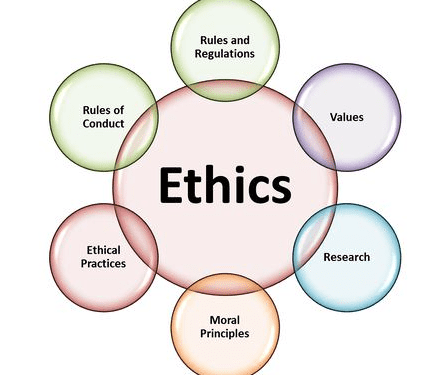
1. What Are Ethics and Moral Principles?
Ethics refers to the principles that govern our behavior, helping us distinguish between right and wrong. Moral principles, often grounded in cultural, religious, or personal beliefs, guide our actions and decisions. Together, these concepts offer a framework for living a good and just life.
2. Making Ethical Decisions in Everyday Situations
Every day, we face decisions that require us to consider our values. Whether deciding to be honest with a friend or choosing to stand up for someone who’s being treated unfairly, these moments call on us to make ethical decisions. By understanding ethical principles, we can make choices that align with our core values and contribute to a positive society.
For instance, in the workplace, ethical decision-making might involve issues like honesty in communication, fairness in resource allocation, or showing respect for others. Being aware of these moral principles helps us navigate difficult situations and make choices that benefit everyone involved.
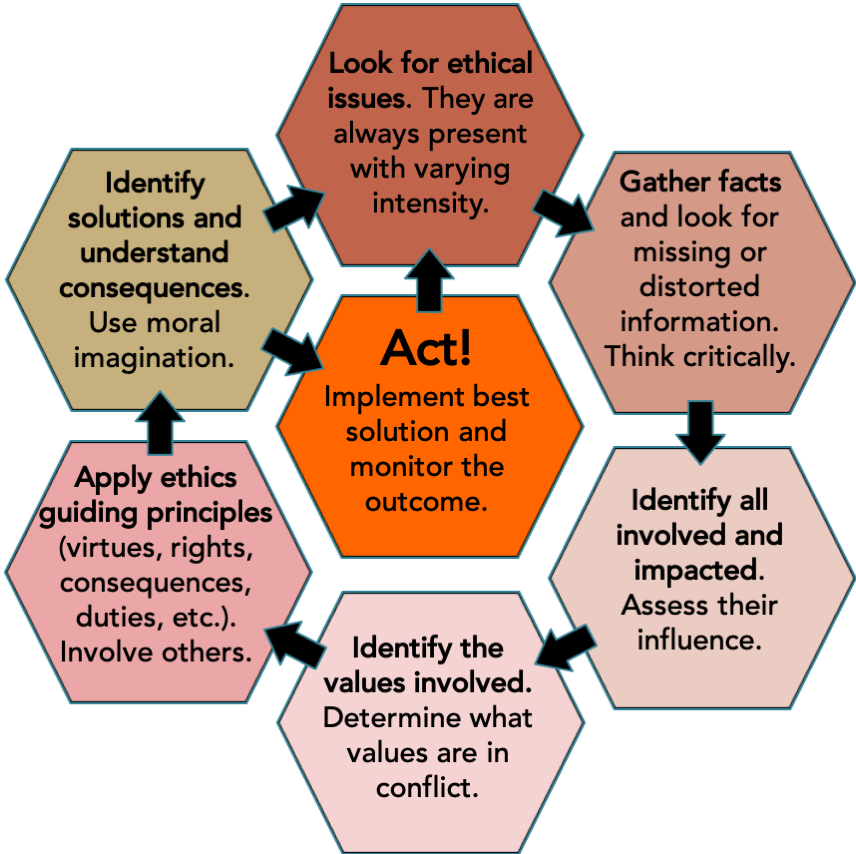
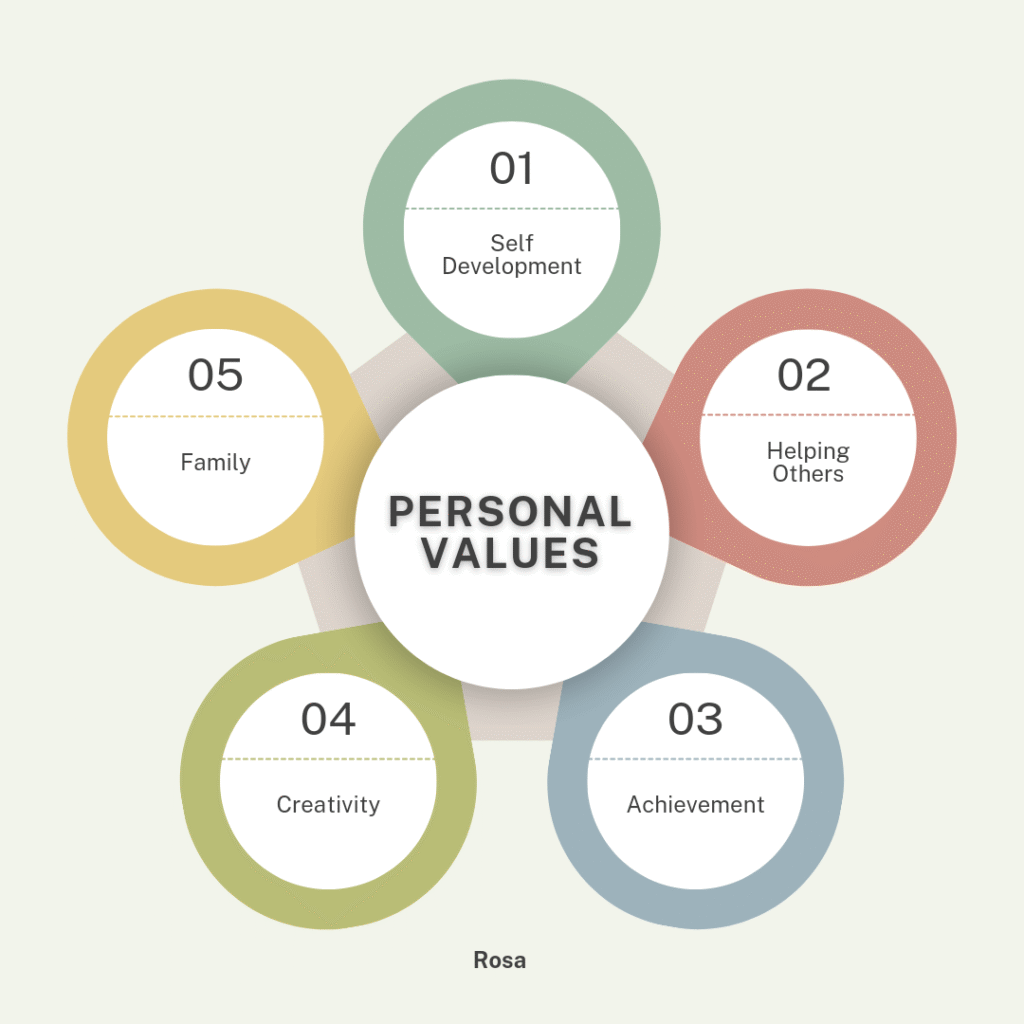
3. The Importance of Personal Values
Our personal values play a key role in how we approach ethical dilemmas. These values, shaped by upbringing, experiences, and societal influences, are what guide our decisions. Some may prioritize honesty above all, while others might place greater importance on compassion or loyalty.
When we consciously align our actions with our values, we lead more authentic lives. The clearer we are about what we believe in, the easier it is to make moral decisions that feel right and true to ourselves.
4. How Ethics Affect Our Relationships
Ethical principles also guide our relationships with others. Whether it’s maintaining trust in a friendship or showing integrity in business dealings, ethics play a crucial role in fostering respect and understanding. In personal relationships, ethics such as honesty, empathy, and fairness are essential for building lasting bonds.
In romantic relationships, for example, ethical decisions around loyalty, respect, and communication lay the foundation for a healthy and meaningful connection. Similarly, in professional settings, ethics such as fairness, transparency, and accountability ensure productive and harmonious workplaces.
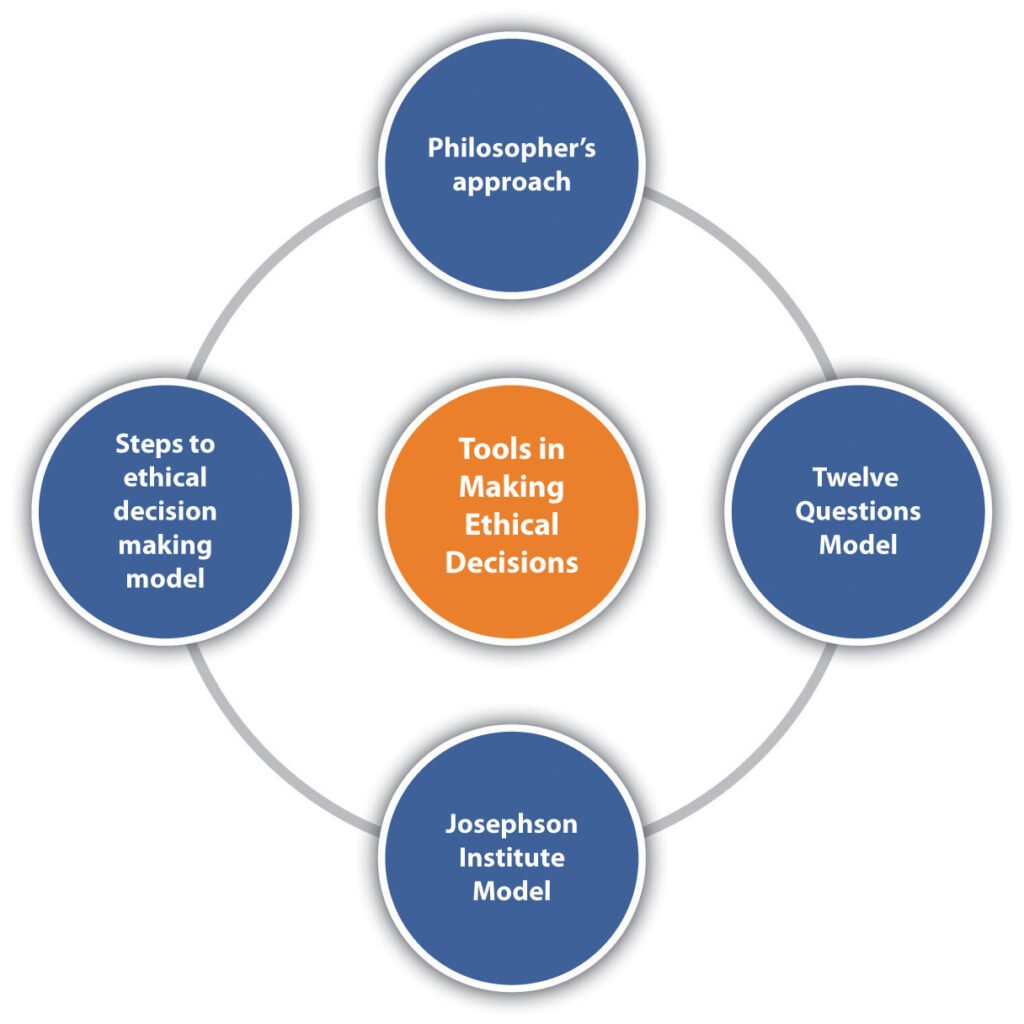
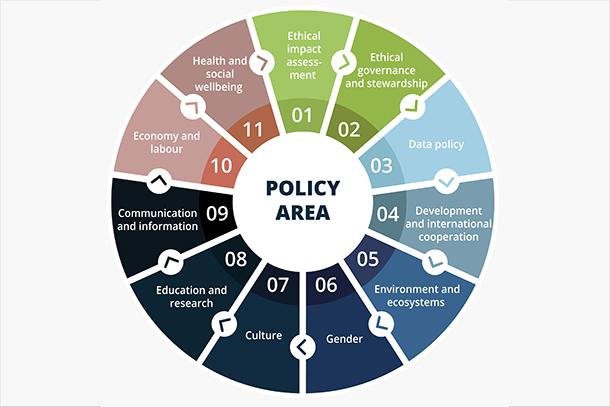
5. Challenges to Ethics in Everyday Life
While understanding ethics can seem straightforward, living ethically isn’t always easy. We are constantly faced with situations that challenge our moral compass—whether it’s being tempted to cheat, avoid responsibility, or disregard someone else’s feelings. These ethical dilemmas test our integrity, but they also offer us the opportunity to grow and make better choices.
Recognizing these challenges allows us to pause and reflect before acting, ensuring our decisions align with our values rather than convenience or pressure.
6. The Impact of Ethical Choices on Society
The impact of individual ethical decisions extends far beyond personal life. When we make ethical choices, we contribute to creating a more just and compassionate society. Small acts of kindness, fairness, and respect can create a ripple effect, influencing others to act in a similar way. Over time, these actions can lead to greater social harmony and mutual understanding.
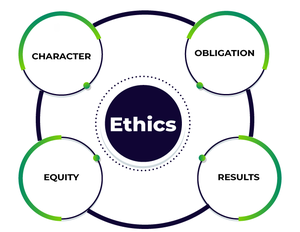
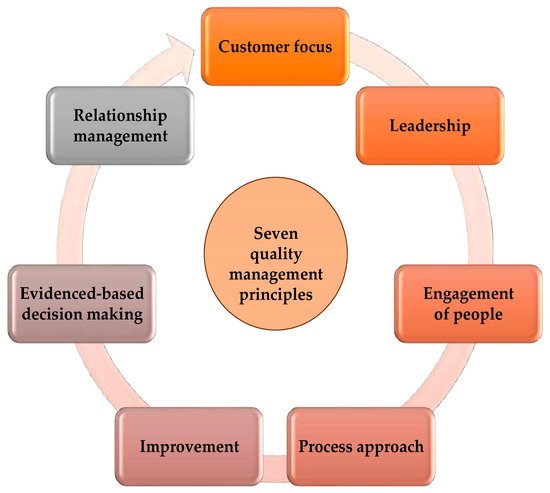
7. Conclusion: Embracing Ethics in Everyday Life
Ethics isn’t a distant, abstract concept; it’s something that guides our decisions every day. By recognizing the role of moral principles in our daily actions, we can make decisions that not only benefit ourselves but also have a positive impact on the people around us and society as a whole. Living ethically isn’t always easy, but it is always rewarding. When we make ethical decisions, we stay true to our values and contribute to a better world.
FAQ
- How do ethics affect relationships?
Ethical principles, such as honesty, respect, fairness, and empathy, are crucial in building and maintaining healthy relationships. They help create trust, ensure fairness, and foster mutual respect in both personal and professional relationships. - 2. How do ethics influence our everyday decisions?
Ethics influence our decisions in numerous ways, from small daily choices, like whether to tell the truth, to larger decisions, like how we treat others in our personal and professional lives. By understanding ethics, we can make decisions that align with our core values and contribute positively to society. - What are ethics and moral principles?
Ethics refers to the set of principles that guide our actions, helping us distinguish between right and wrong. Moral principles are the beliefs or values that help shape our behavior and decisions. Together, they provide a framework for living a morally sound and just life.
Disclaimer:This blog is intended for informational and educational purposes only. The views expressed are personal opinions or general insights, not professional or legal advice. Readers should do their own research or consult relevant professionals before taking action based on this content.
EthicsInLife #MoralPrinciples #DailyEthics #EthicalChoices #MoralDilemma #LivingEthically #EthicalLiving #ConsciousLiving #PersonalValues #EthicsInAction #ValuesInLife #MoralCompass #DoingTheRightThing #EthicsAndIntegrity #EthicalLifestyle#carrerbook#anslation



Leave a Reply